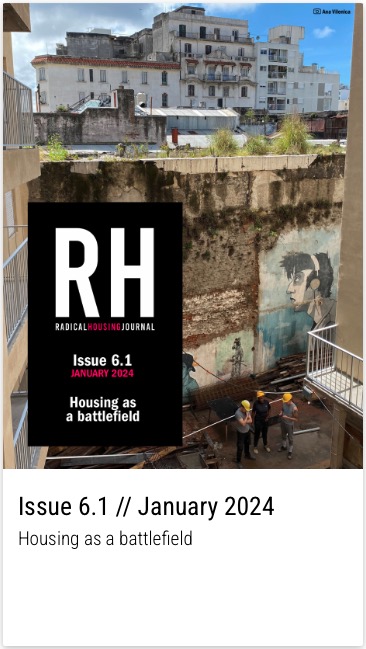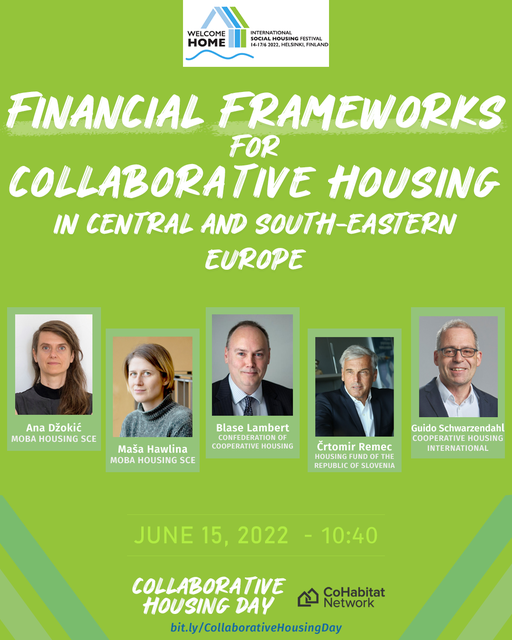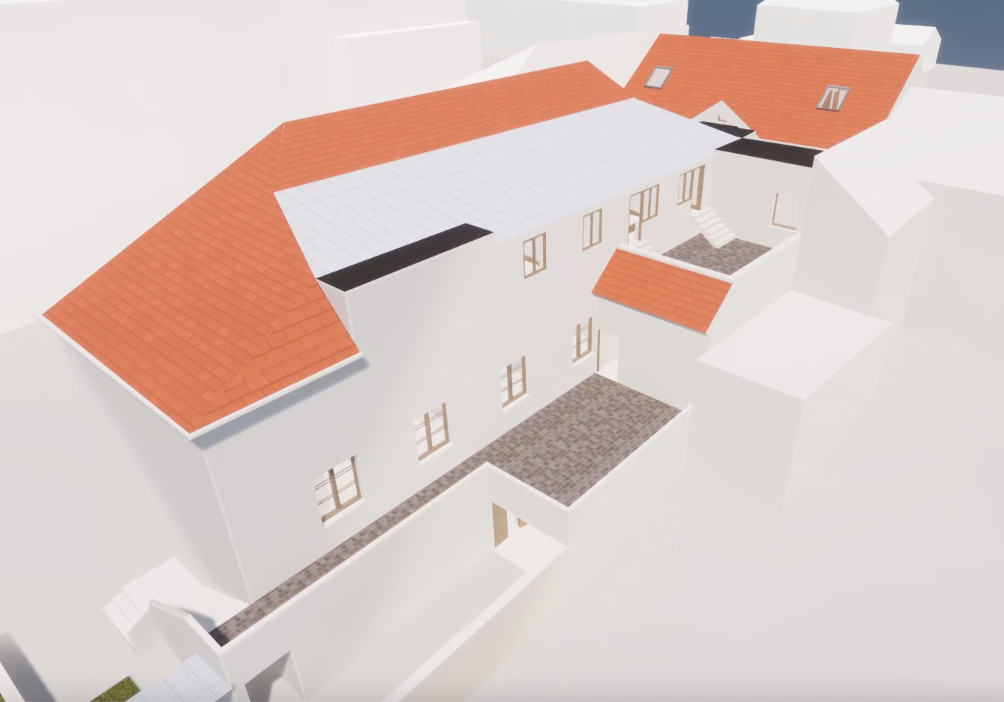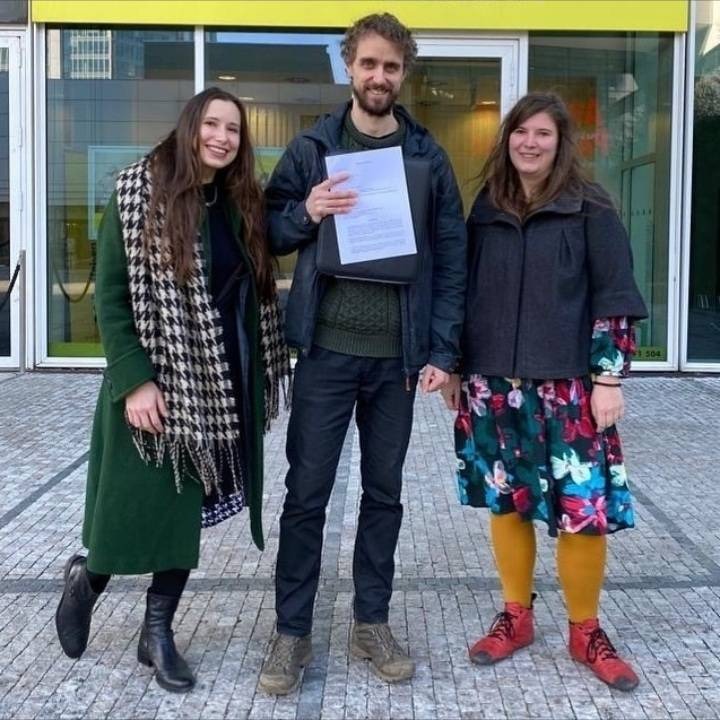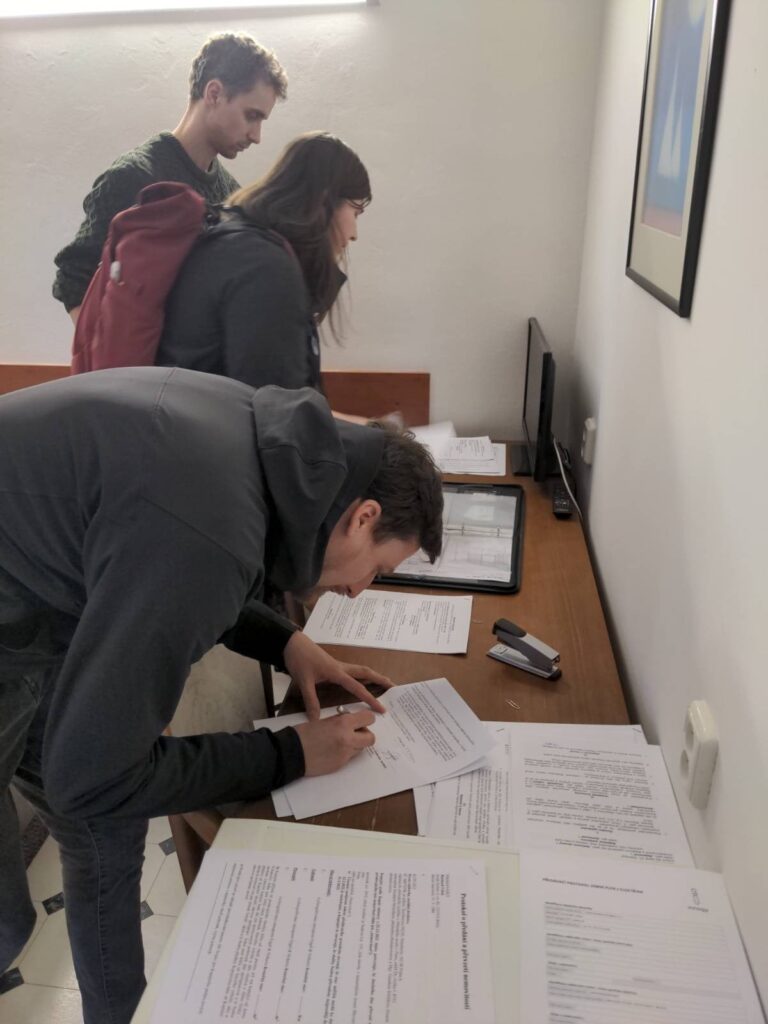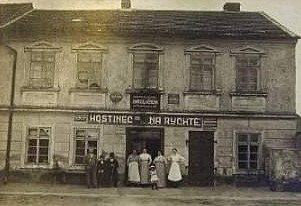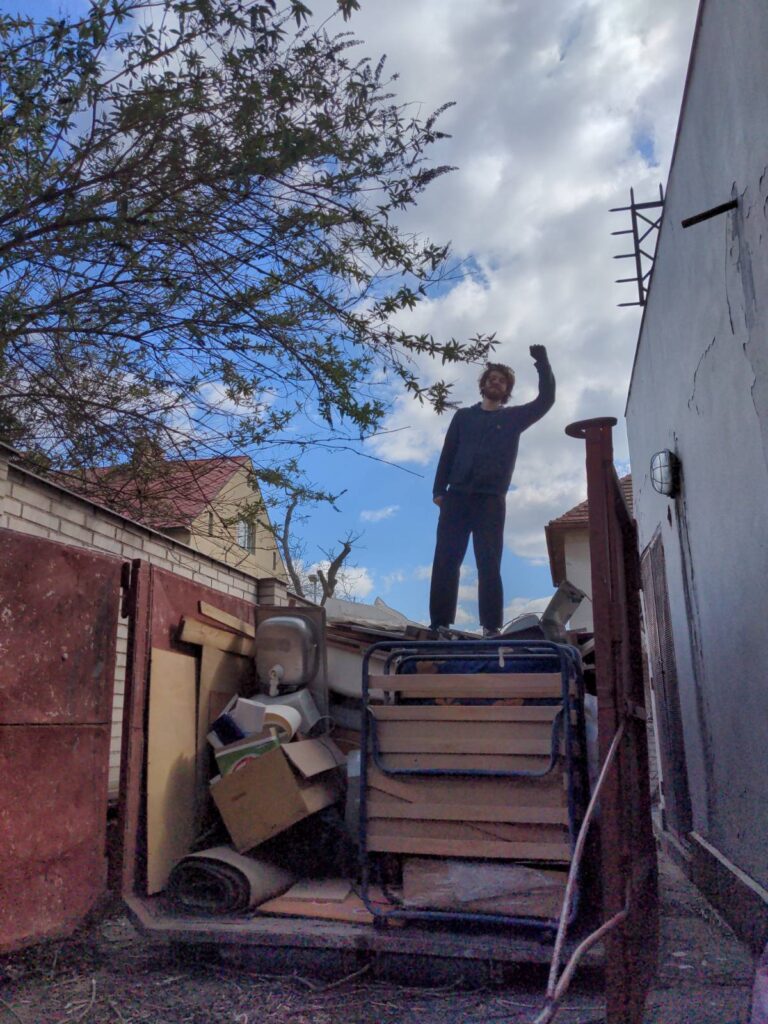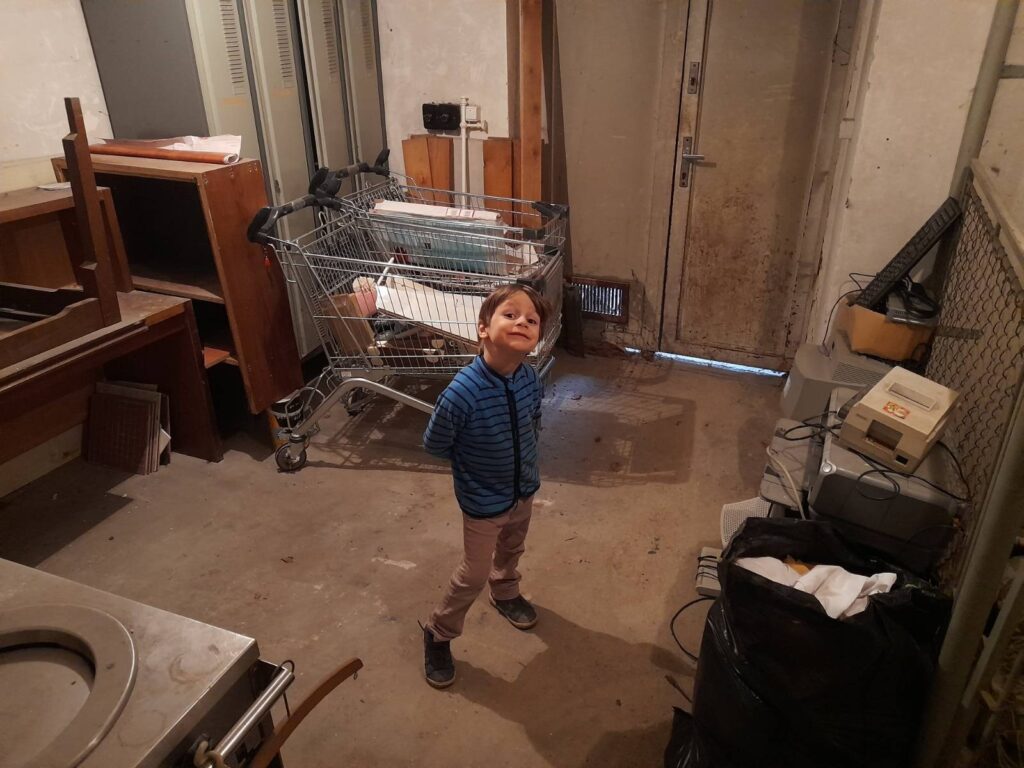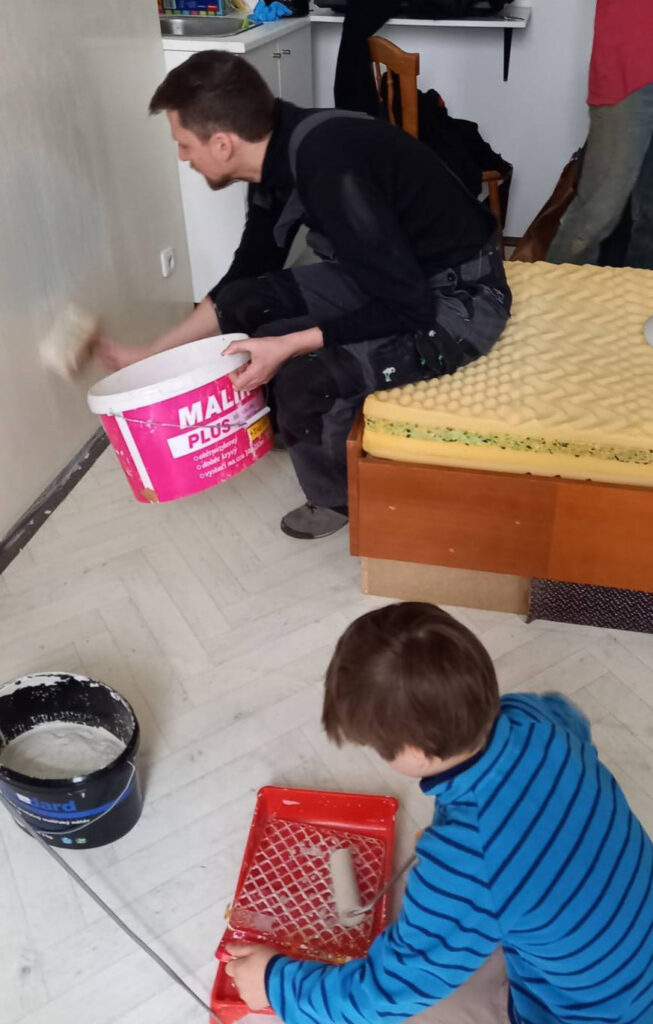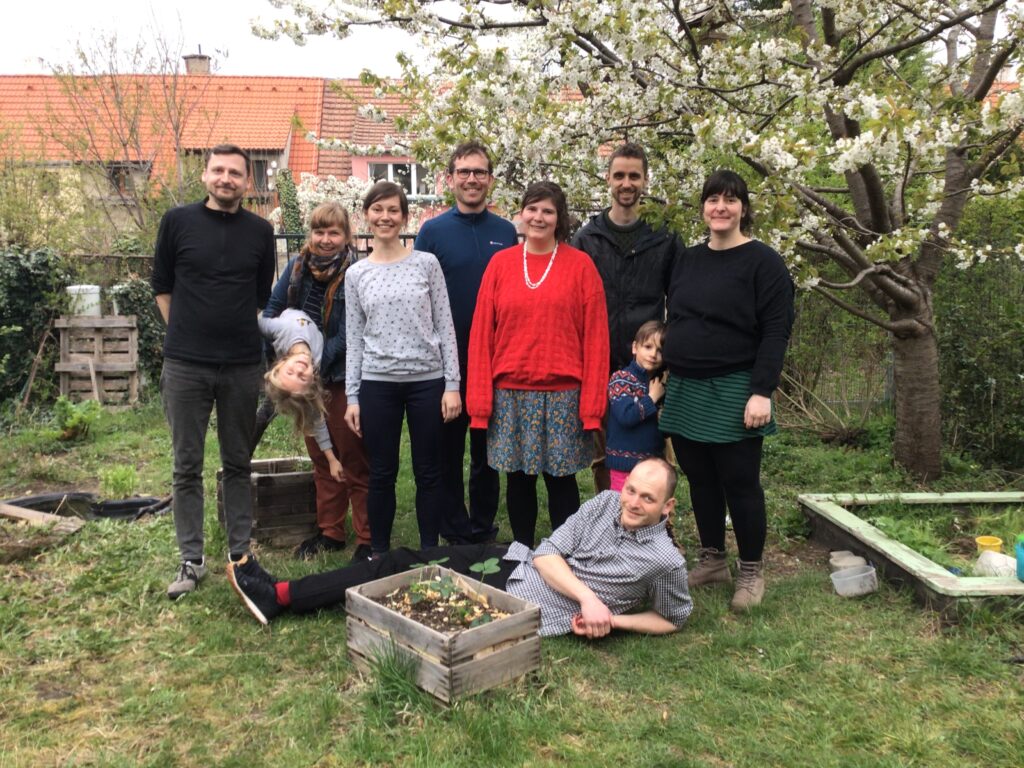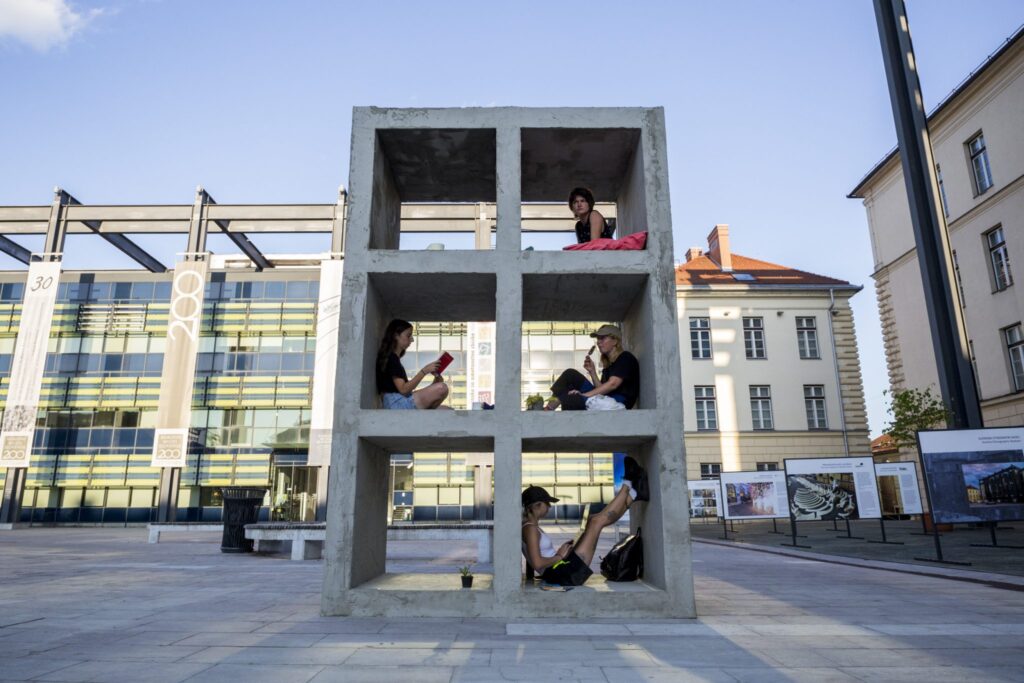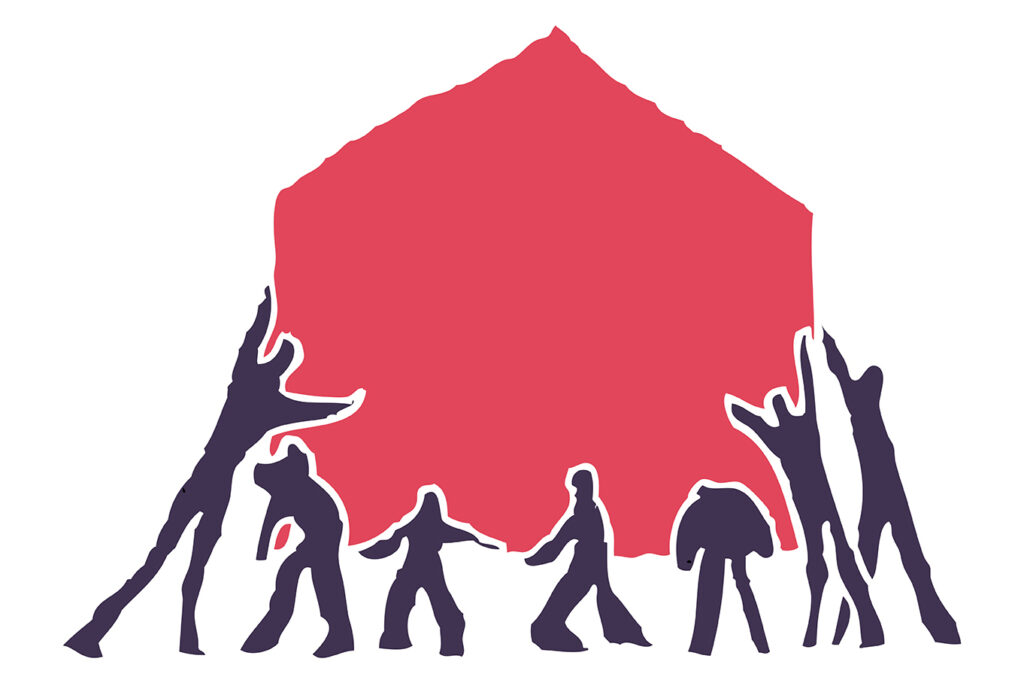Get to know us
MOBA Housing SCE is a network of organizations from the Czech Republic (Sdílené domy / První Vlaštovka), Croatia (Open Architecture Cooperative), Hungary (ACRED / Zuglói Kollektív), Slovenia (Zadrugator) and Serbia (Pametnija Grada), with the support of the Cooperative for Ethical Financing and Organization urbaMonde and World Habitat. We are responding to similar problems of lack of housing policy and affordable housing in our cities and states, and we have designed a common approach based on the cooperative model. We joined forces in 2017 to overcome obstacles together and make a breakthrough for a new model of cooperative housing. Since then, we have regularly met and cooperated in order to gather the necessary knowledge and capacities and develop financial instruments to launch pilot projects of housing cooperatives in our region. Since 2020, we have been registered in Pula as a European cooperative society (SCE), with a permanent office in Zagreb.
Tasks and benefits
At MOBA Housing SCE we are looking for two Experts on housing policy, community engagement, and social innovation who will be supporting development of Project outputs and supporting work on Key Project activities on EU projects. We offer part-time employment, with the possibility of extended collaboration in future.
There is a possibility for employment regulated by other type of work contract besides employment contract.
Your benefits include:
- monthly gross salary in range between 520 EUR to 840 EUR, depending on the candidate skills and experience
- possibility of remote work
- opportunity for further professional development and education
- flexible working hours
What are You going to do:
- Participate in development of the Multi-Stakeholder Governance Model framework
- Participate in the development of the Community Engagement Plan
- Participate in the development Transnational Multi-stakeholder governance model and online manual
- Other project support activities
Your key expertise:
- Housing provision and housing policies
- Social entrepreneurship
- Knowledge about cooperatives and governance models
- Stakeholder engagement and management
- Knowledge about social impact investments
Your key skills:
- Design and implementation of workshops
- Writing of professional literature (i.e. guidelines, toolbox)
- Design of organizational structures and relevant documentation (i.e. bylaws)
- lecturing and facilitation
How to apply
If all this sounds exciting, send your CV and motivational letter, via our e-mail address: info@moba.coop
Application deadline: 24.05.2024
After processing the received applications, an interview will be organized with the candidates who meet the conditions of the competition, via video call. Selected candidates will receive more information by email. Interviews are possible even before the specified deadline for the end of the competition.
By sending your CV and motivation letter, you freely and expressly give your consent to the European cooperative MOBA HOUSING SCE, Gajeva 3, HR-52100 Pula, OIB 10253977970, as the manager of the collection of personal data, to process and use your personal data for the purpose of applying for a vacant position Expert on social innovation.

